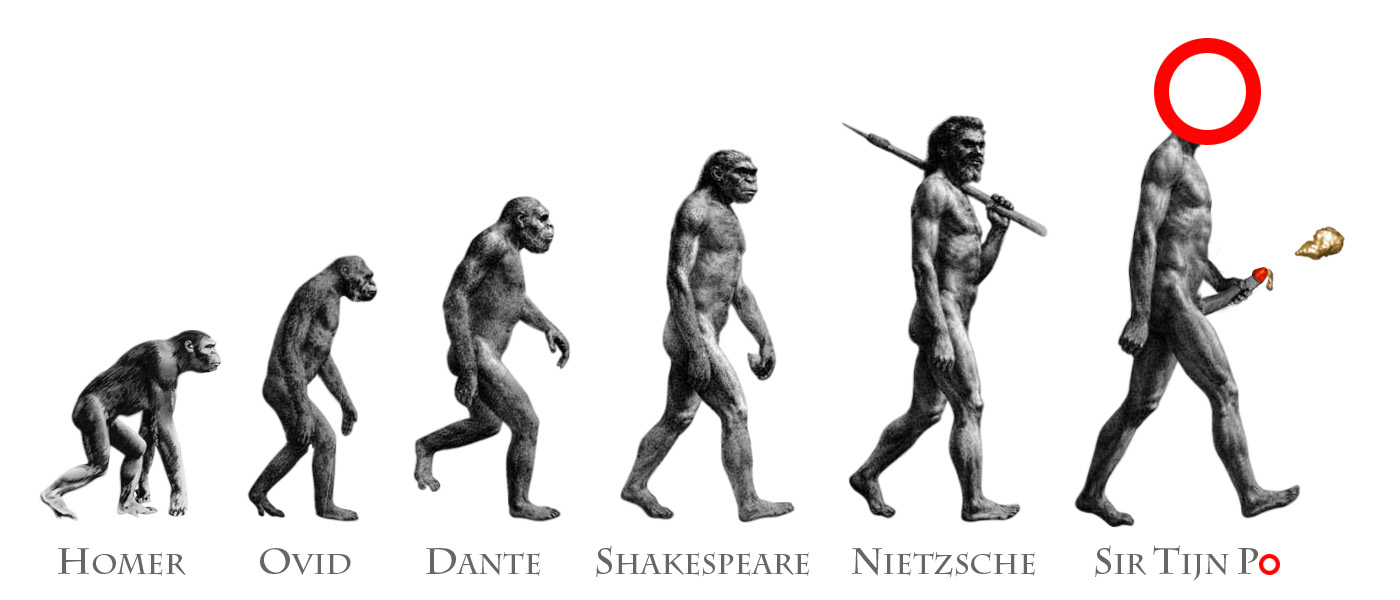…The idea I wanted to share with you is something closer to some of your more recent work concerning wealth, wealth distribution, charity, etc.
There is a deceptively-titled video of you on YouTube from a debate at Oxford Union called ‘Peter Singer: It is NOT immoral to be a billionaire’. In the video you focus more on the wording of the proposition, but seem to imply that you are not convinced of the morality of systems that allow for this type of wealth accumulation and disparity, especially while there are billions of people who are still languishing in poverty and suffering from preventable and curable diseases.
Complete socialism and communism – systems that rule out all competition, risk and reward, individual agency, etc. – never seem to work out well, and always seem to end up in autocracy. While there doesn’t seem to be an inherent connection between sharing all money and a lack of freedom of travel, expression, dissent, etc., it does always seem to go hand-in-hand. My personal theory is that complete sharing and trust may be a beautiful ideal, but is so against human nature – at least for the majority, and at least as we are currently constructed – that to enforce this system always entails force, suppression, suspicion, paranoia, etc. And having lived in Prague and East Berlin for decades, and having met hundreds of people who tasted those systems, I would never join that side of the argument.
Unbridled capitalism, on the other hand, with no limits at all, also seems unsustainable. Which leads many reasonable people to discuss 100% taxation after a certain threshold, or what Roosevelt proposed as a maximum wage: https://en.wikipedia.org/wiki/Maximum_wage
People get easily frightened by these ideas, and quickly start screaming that any limit is socialist, etc. (and even the poorest will often join this chorus, since socialism = communism = godlessness…). But we already have limits similar to these, e.g., patent and intellectual propert rights, we offer rewards for innovation, but not without limit, and no one seems to be calling to abolish those limits.
Even the whole Giving Pledge, while being better than nothing, doesn’t seem perfect to me, since why should these people be allowed to amass and live with unlimited wealth (there could conceivably be an innovation that makes one endlessly richer than Bazos, like a medicine everyone needs, or a new source of energy…) and then give it away before death? That’s not very different from an Estate Tax?
And then not all billionaires even take or respect this pledge.
On the other hand: a) some positive innovation is produced by individuals who would never continue working and risking unless it helps them compete for primacy and superiority; the bigger yacht, spaceship, higher up on the Forbes list, etc. Vanity is indisputably a driving force for many innovators, researchers, etc.; b) there is the argument that you make in the Oxford video (and shared by Zuckerberg in this somewhat surprising video: https://youtu.be/3lVATuAM60g), namely, whether we can really be sure that money will always be spent in ideal ways by governments – you mention Trump’s government building walls – as opposed to private innovators, entrepreneurs, etc.
So my idea was a system that wouldn’t tax 100% after a threshold, as that would funnel all ‘surplus’ to governments, but would still impose a maximum wage after which everything must go into a foundation or charity that is managed by the one who earned it (or in cases like Buffet, who gave his money to the Gates Foundation instead of starting a Buffet Foundation, managed by others, but chosen by the one who ‘earned’ the money). This would still allow for plenty of vain competition, and Forbes could still have a list of biggest foundations to inspire those who need it to keep working and innovating, etc., but it would at least keep the majority of money focused on benefitting society at large.
Exactly what these foundations can spend their money on will always be controversial, and there will always be plenty of hank-panky, but that’s an eternal part of the human condition and challenges any system. The imperfect I.R.S. and other regulators would just have to modify their mandate a bit, and then do their thing – however imperfectly – monitoring these foundations, chasing down hidden money, etc.
Of course, this would still give the (former) billionaires outsized influence on research, philanthropy, etc., but every system has individuals with outsized influence. Even it were 100% taxation, the smartest and smoothest-talking politicians would still have more influence than others on spending priorities – and I don’t even mean through corruption, but simply through convincing oratory, effective community organizing, etc.
I know you spend a lot of time thinking and writing about these issues, and I thought perhaps this idea – or a variation thereof – might be interesting for you and help hit a sweet spot between morality and practicality…
- JULY 19, 2021
